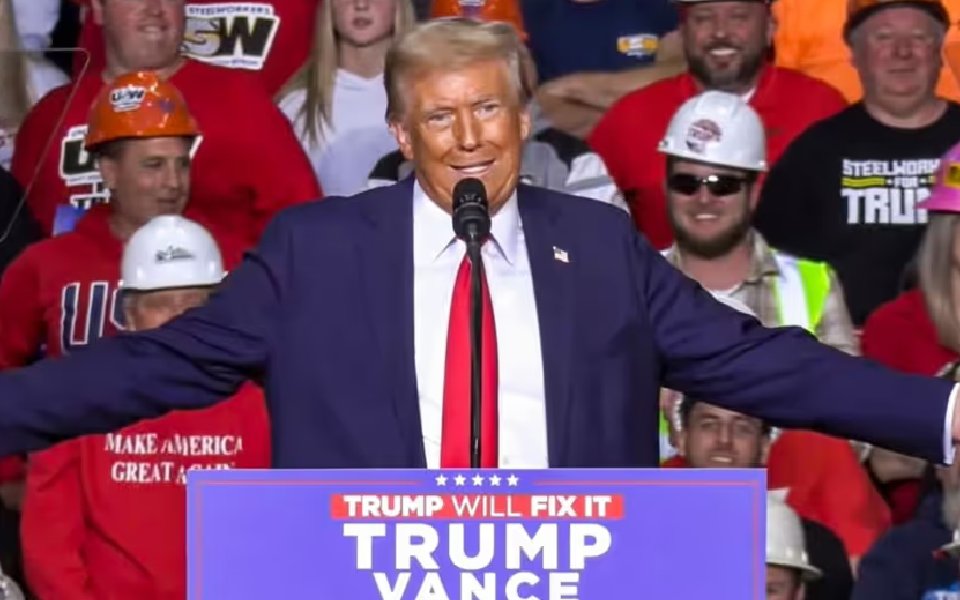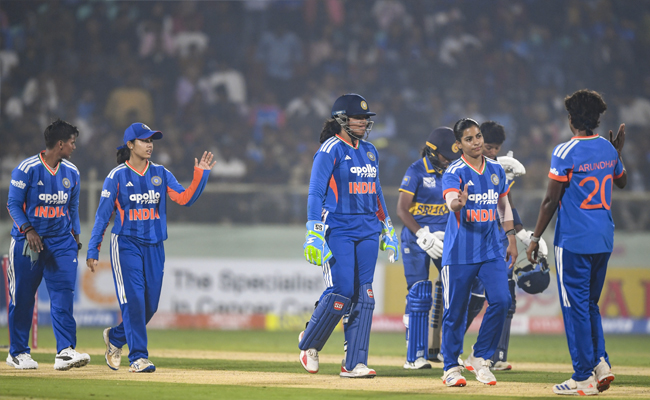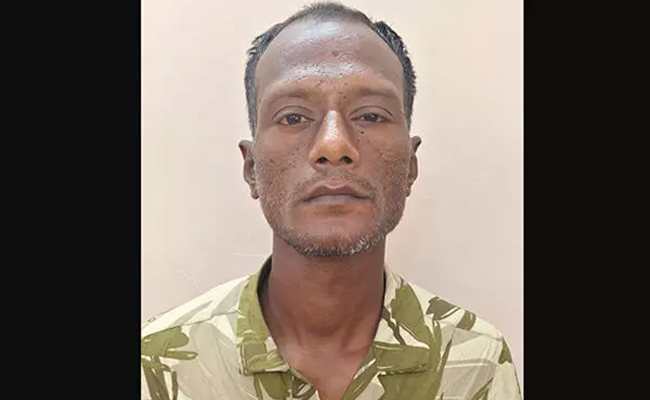Washington, D.C. — In a campaign rally ahead of Election Day, U.S. President-Elect Donald Trump praised his Muslim supporters, highlighting what he described as a “beautiful movement” of Muslims rallying behind him, particularly in the crucial swing state of Michigan. Trump, who has been elected for a second term following a closely contested election, noted that support from Muslim voters has grown significantly, which he believes contributed to his positive performance in Michigan and potentially other key states.
Addressing the rally, Trump spoke warmly of his Muslim supporters, describing them as peace-oriented and intelligent individuals who seek stability and avoid conflict. “They want peace. They really do. They don't want to be in wars. They're very smart," Trump stated, lauding their character and desire for peaceful coexistence. He attributed the origins of the “Muslims for Trump” movement to a small initiative that quickly gained momentum and blossomed into a voting bloc for him in Michigan.
Trump went on to express his appreciation for the group, describing it as an honor to have their support. He acknowledged their contribution to what he characterized as strong election numbers in Michigan, Georgia, and Pennsylvania — all critical battlegrounds in this election cycle. “And I think they might very well be responsible for the kind of numbers we're showing up in Michigan,” Trump said, adding that similar trends were apparent in other swing states.
In his speech, Trump sought to counter stereotypes and misconceptions about the Muslim community. He emphasized that his Muslim supporters do not condone or engage in extremist activities, but rather are individuals focused on peace and community stability. “They’re not involved in the terror and all the things that are going on. They're great people," he remarked, signaling a shift from his previously contentious rhetoric about Muslims.
Concluding his remarks, Trump expressed hope that this alliance would foster “tremendous cohesion” among Americans of diverse backgrounds, stressing his optimism about the role this support could play in bridging divides. He encouraged members of the "Muslims for Trump" group to stand up at the rally, thanking them for their role in his campaign’s success.
The rally was one of Trump’s last public appearances before Election Day and was seen as part of his strategy to consolidate support from a range of demographic groups, especially in pivotal states. His victory in Michigan, in particular, was seen as a result of his ability to appeal to various communities, including Muslims who may have previously felt alienated by his earlier stances.
Trump's second term as president now awaits inauguration, with his team indicating that his administration will focus on uniting Americans across different backgrounds and faiths, hoping to build on the support seen from groups like "Muslims for Trump."
Let the Truth be known. If you read VB and like VB, please be a VB Supporter and Help us deliver the Truth to one and all.
Pilibhit (PTI): A 19-day-old elephant calf, brought from Bijnor, was placed under care at the Pilibhit Tiger Reserve (PTR) on Sunday, an official said and added that the calf got separated from its mother in the forest area of Bijnor.
The calf was born on December 2 in the Bijnor forest area and got separated from its mother shortly after birth, the official said.
The forest department made several attempts to reunite it with its mother, but without any success. To ensure the calf's safety and better care, it was decided to transfer it to the Pilibhit Tiger Reserve on the instructions of senior officials.
On Saturday, Deputy Director Manish Singh received the calf. Special arrangements have been made in the reserve for its care. It has been kept in a safe and clean environment to provide it with a natural setting and protect it from external noise and disturbances.
Singh told reporters that raising an 19-day-old calf is challenging.
It requires a special diet as a substitute for mother's milk and constant monitoring.
He said a special team has been formed to provide 24-hour care. Since the calf is very young, it is being cared for like a newborn baby.
According to Singh, the primary responsibility for monitoring the calf's health has been entrusted to PTR's veterinarian, Dr Daksh Gangwar. Under his supervision, a complete record of the calf's health checkups, diet, and body temperature is being maintained. The team is ensuring that the calf does not contract any infection.





